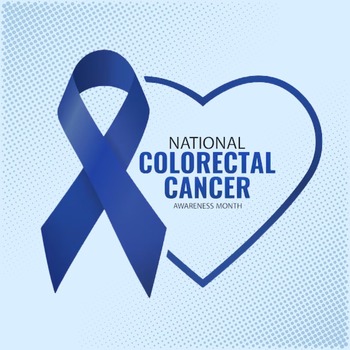March Health Ministry Focus
-
 March 1, 2025
March 1, 2025The U.S. Preventive Services Task Force recommends that adults who are 45 to 75 years old be screened for colorectal cancer. Researchers predict that by 2030, colorectal cancer will be the leading cause of cancer deaths in people aged 20-49. Although current guidelines recommend screening for colorectal cancer starting at age 45 for average-risk individuals, those at higher risk may need to begin screening earlier. You may be at higher risk if:
You or a close relative have had colorectal polyps or colorectal cancer.
You have inflammatory bowel disease, Crohn’s disease, or ulcerative colitis.
You have a genetic syndrome such as familial adenomatous polyposis (FAP) or hereditary non-polyposis colorectal cancer (Lynch syndrome).
The decision to be screened between the ages of 76 and 85 should be made on an individual basis. If you are older than 75, talk to your healthcare provider about screening.
Screening can reduce both the incidence and mortality of colorectal cancer through early detection and removal of precancerous growths. Although colonoscopy is the gold standard, there are several ways to screen for colorectal cancer. The type of screening test that is right for you depends on your age, personal health history, and family history. Talk with your doctor about which one is right for you. Colorectal cancer screening saves lives!
